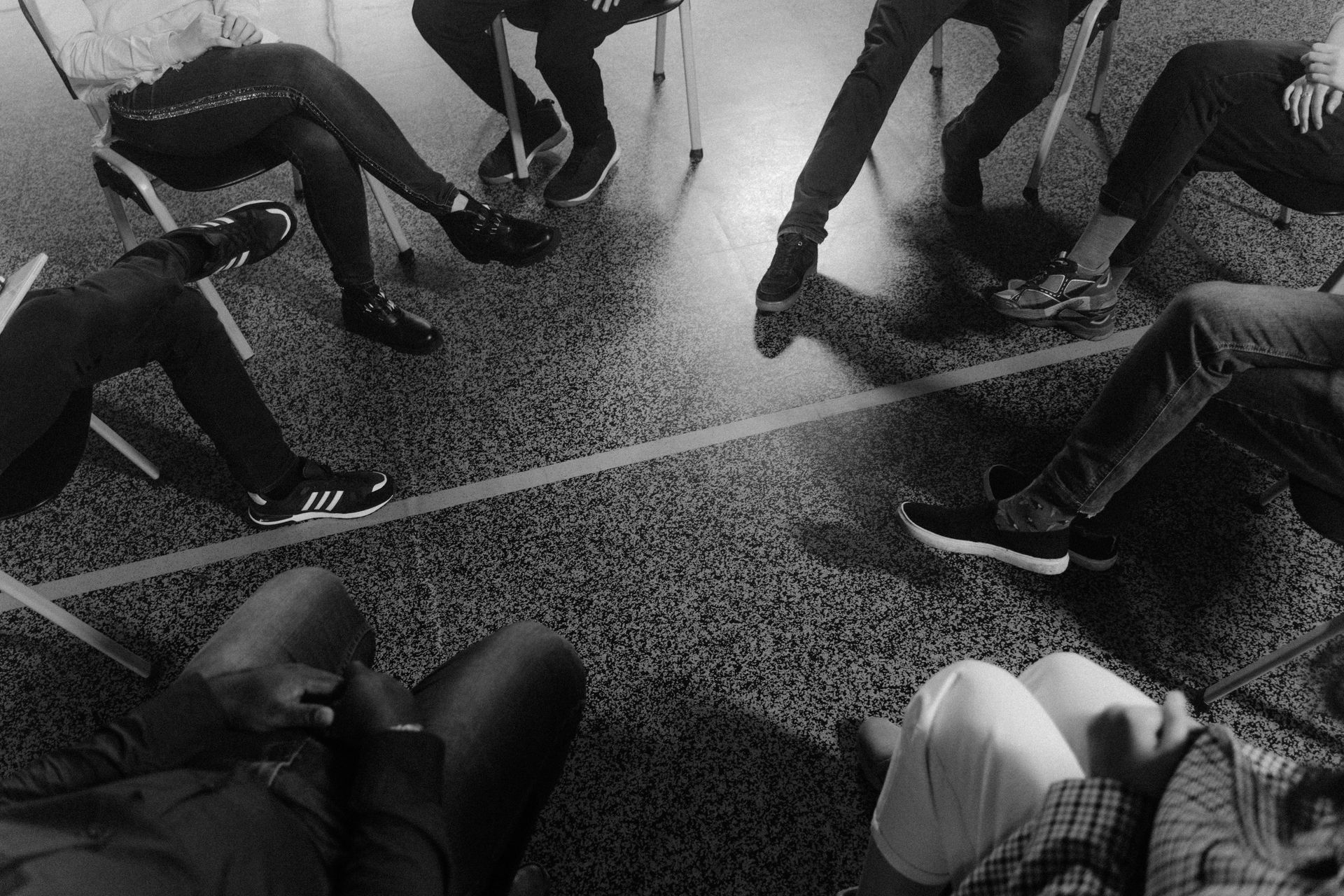Am I an Enabler?

Am I an Enabler?
There is a big difference between supporting your loved one in their time of need and being an enabler. The two are often mixed up, though, which leads to a lot of financial, emotional, and even health-related consequences. It’s important to understand if you are enabling your loved one’s substance or process addiction.
Below are some signs to better determine if you are an enabler, along with how you can go about getting your loved one the help they need.
Am I an Enabler? The Signs
There are a variety of signs that you are an enabler. Some of these include:
· Loaning money consistently
· Bailing your loved one out of jail for drug, alcohol, or other substance-related crimes
· Excusing poor behavior
· Purchasing drugs or alcohol for your loved one
· Providing them with shelter
· Lying to law enforcement
· Rationalizing and excusing problematic behavior
· Downplaying the severity of their condition
Take a thorough personal inventory and see how your behaviors may be enabling your loved one’s addiction.
Enabling doesn’t mean you are a bad person. You love your friend or family member and don’t like to see them in pain. With that said, enabling their disorder can (and likely will) make things much worse in the long run.
Getting Your Loved One Help
As Jonathan Adelstein, MD, of Front Door Health says:
“As parents and loved ones we can’t expect ourselves to separate perfectly from the dynamics in which this illness occurred. We’re in the family so of course we’re involved—whether we’re aware of it or not. It is important to try and recognize the ways in which we may be responding (consciously or not) that can be furthering the illness.
No parent or friend should expect themselves to also be an addiction treatment provider or counselor. That’s where FDH comes in. We can help you identify these problematic dynamics and free you up to be loved ones and not professionals, while we do the difficult work.”
Paul Getzendanner, CEO of Front Door Health, adds:
“Always be there when they legitimately ask for help, and never stop paying your loved one’s cell phone bill. That’s like a lifeline.”
Make sure you are available to provide your loved one with help when they are ready to make real changes, but also don’t enable their behavior when they aren’t ready to accept help and make the changes they need to make.
About Front Door Health
If your loved one is suffering from a behavioral health or substance use disorder, reach out to Front Door Health. We can discuss the process of getting your loved one the help they need in greater detail, along with the best ways to approach the topic without causing feelings of anger or shame in your loved one. Our goal is to determine if they require treatment, ensure they feel comfortable enough to accept treatment, and facilitate the process of transitioning your loved one into our treatment program.
Front Door Health provides in-home treatment for patients when they need it. We take an evidence-based approach to treatment, and we create custom treatment plans for our patients to increase their chances of success. Our treatment process is client-focused and individualized. This means no group sessions with strangers and no “treatment as usual” approach. Your loved one is unique, and the treatment plan we create for them is designed to meet them where they are along their journey and help them to reach their recovery goals.
We understand that it can be difficult to put life on hold and take time off from parenting, work, or school. Our in-home treatment allows patients to continue to meet their school, family, pet, and other obligations while receiving the treatment they deserve.
If you would like to learn more about in-home treatment, contact Front Door Health today. We’re happy to answer any questions and provide your loved one with the help they need.
info@frontdoorhealthcenter.com



